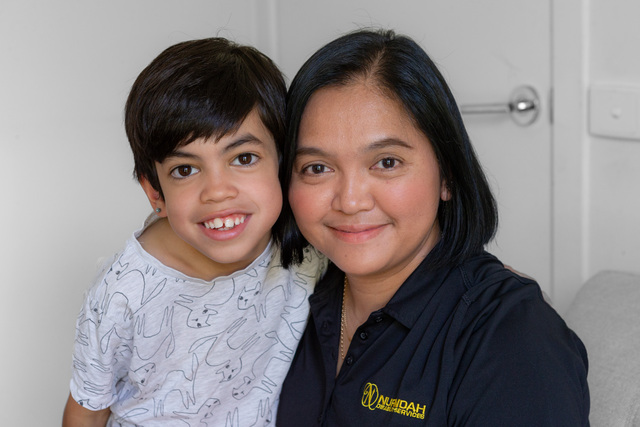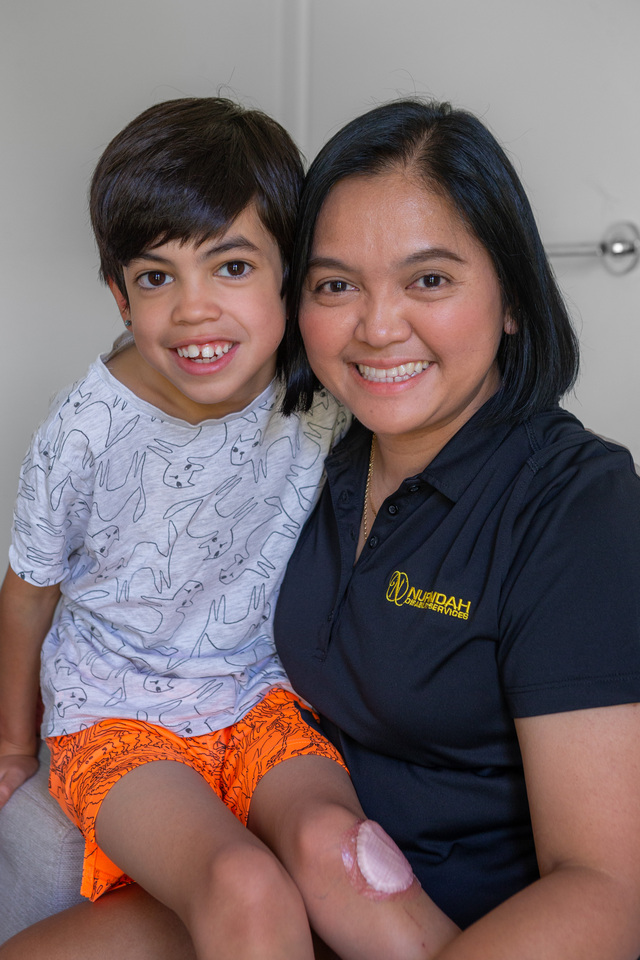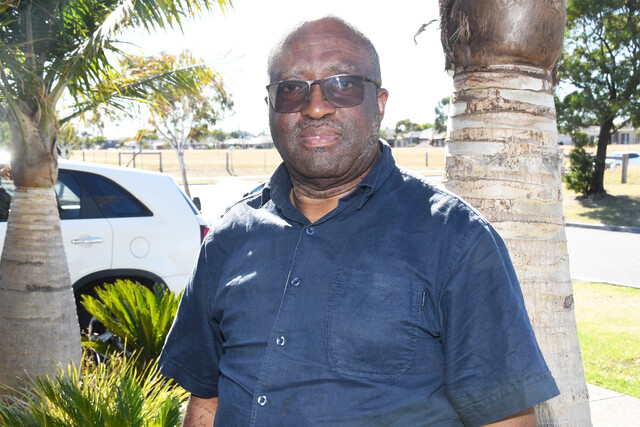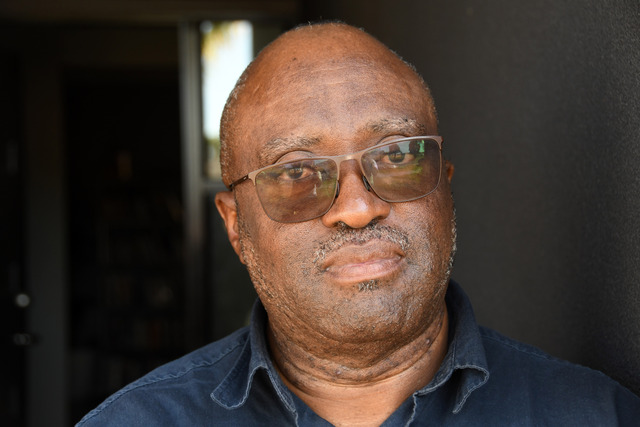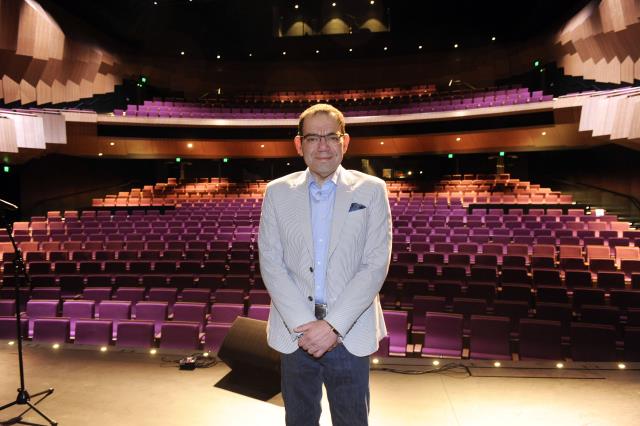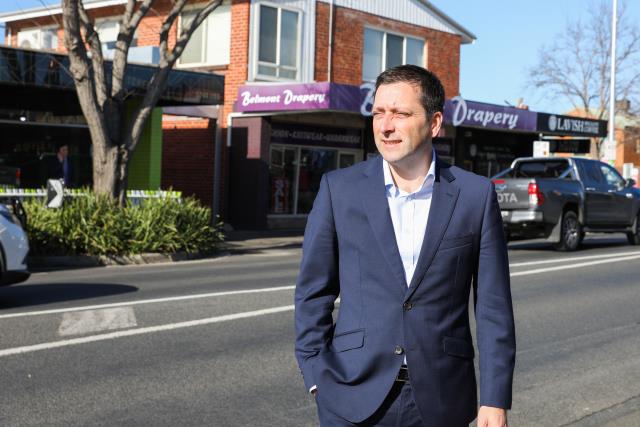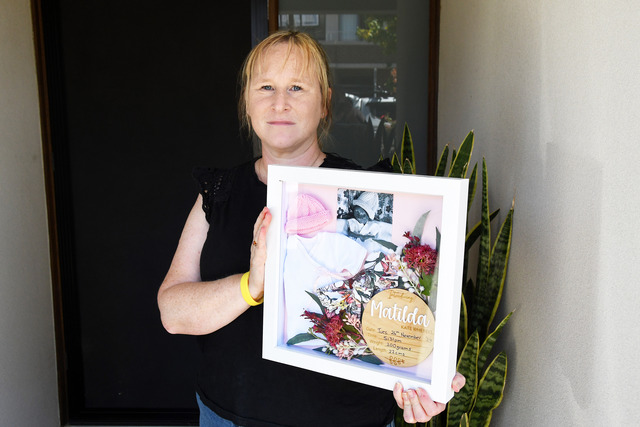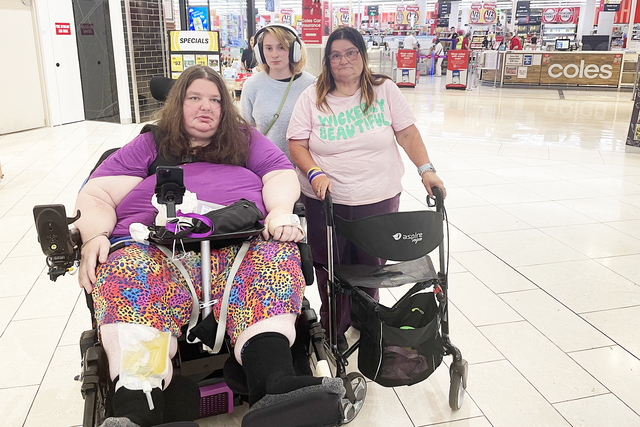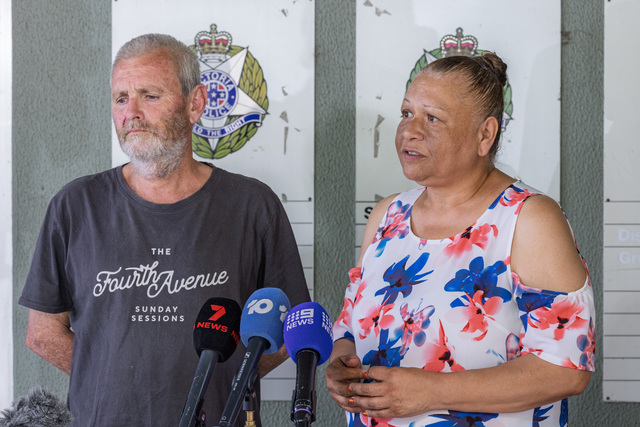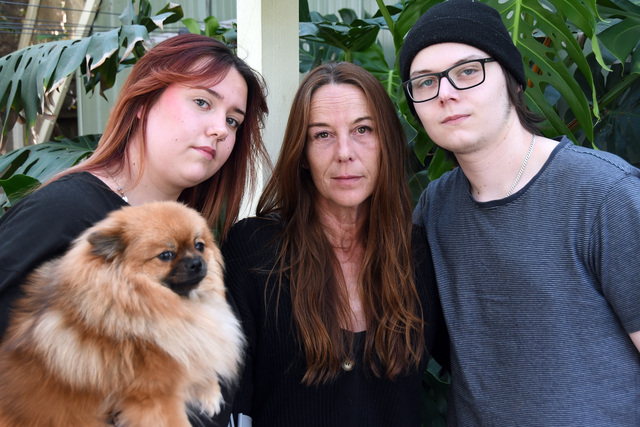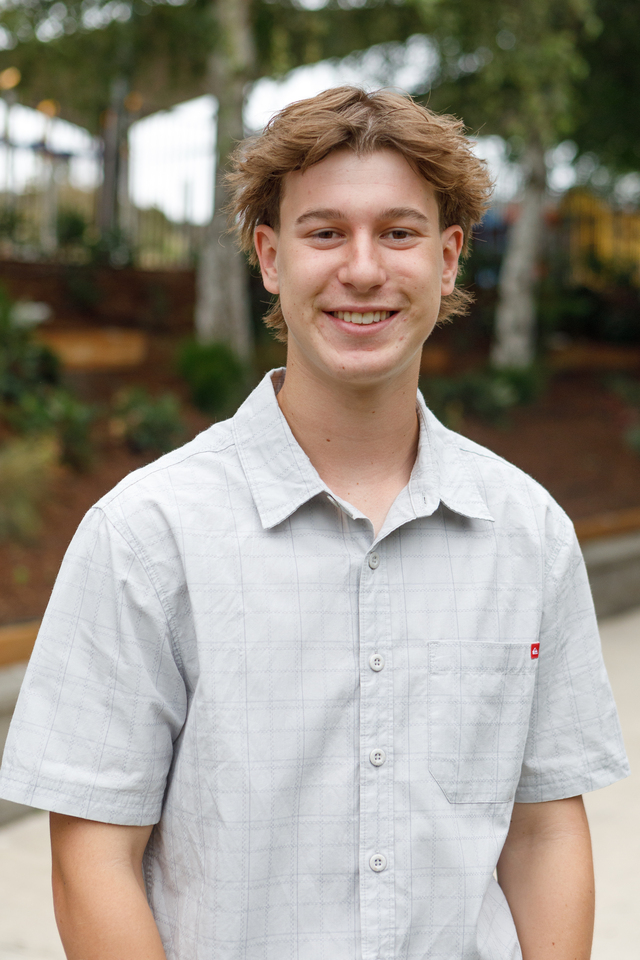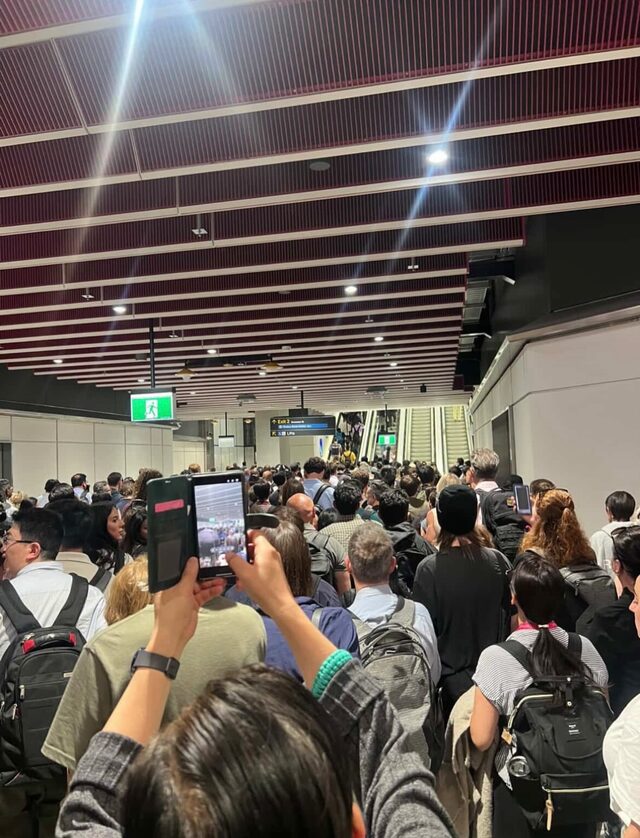Medicating children with ADHD and Autism remains a deeply contested issue, particularly in cultural and religious communities across south east and wider Australia.
South Sudanese young mother Alizabeth Kolang said much of the resistance comes from fear and identity.
“I believe in medication and medical prevention for my children. However, from observation I’ve noticed a lot of resistance to medication is due to fear and denial,” she said.
“A lot of parents do not want the stigmas associated with the Autism spectrum and ADHD to be placed on their child either. Especially in a faith community like ours the resistance gets even deeper, because it’s no longer just the natural resistance but now also spirituality is brought in.”
Pakenham’s Nurindah Lestari, founder of Nurindah Disability Services, warns that denial can deeply impact a child’s development and overall quality of life.
“When parents are in denial, they may delay or even refuse to seek the support their child needs. Unfortunately, this can mean missing out on early intervention opportunities that are so critical for progress.”
For Vicky Dut, who is studying clinical research and has a background in psychology and neuroscience, the issue is both professional and personal.
“From both my studies and my experience working with families, I’ve seen fear, denial, and stigma often form the biggest barriers,” Dut said.
“In many CALD and faith-based communities, this resistance can be amplified because the diagnosis isn’t just viewed as a medical matter—it can be tied to identity, self-worth, and spiritual interpretation.”
Dut has observed that early, empathetic conversations guided by clear information and cultural sensitivity help parents become more open to exploring support options. These may include therapy, school-based interventions, and, when appropriate, carefully monitored medication.
“It’s not about pushing one pathway, but about creating a safe space where parents can understand the evidence, ask questions, and make informed decisions without fear of judgement,” Dut said.
“I believe our role, especially in community leadership and support work, is to bridge that gap, honouring cultural and spiritual values while ensuring children can access interventions that improve their quality of life.”
Pakenham’s counsellor, community leader and Pastor Willy Mudiayi said attitudes within African families can be especially complex.
“In the African community, many don’t like medication on autistic people including myself,” Pastor Willy said.
“From my work in disability support, I see how the medication is affecting; to some it affects the speech, others their movements slow down and they behave like drunk people.
“Many first prefer to hide their relatives with autism, to some parents it is shameful to have an autistic child.”
Medication is often seen as a last resort, and more education is needed to help families view autism and ADHD as medical challenges rather than curses.
“Personally I do advise to accept and love their child or relatives with disability and to accept medications if necessary,” Pastor Willy said.
“In the African community, there is still a long way to go to reach the acceptance of using those medications.”
For some families, medication provides vital relief.
Lestari, a parent of a child with autism, ADHD, dysphagia, and severe anxiety, supports using medication to help manage her son’s impulsive and aggressive behaviour.
“When it comes to caring for our children, our decisions are guided by what’s truly in their best interest, not by cultural or community expectations,” she said.
Her experience also reflects some Asian families’ willingness to embrace medication when it supports their child’s wellbeing, despite lingering stigma in the community.
As a mother and disability support worker, Lestari reassures other parents that supporting medication doesn’t mean abandoning natural and holistic strategies.
“Our priority is to support Blade’s (her son) development through natural and holistic strategies wherever possible,” Lestari said.
“However, if these methods consistently fail to bring improvement and if Blade’s behaviour and development begin to significantly impact his quality of life or those around him, we understand that medication may become a necessary last resort.”
The often overlooked problem is the cost of living, which can limit families’ access to medication.
“In moments of desperation, many parents turn to medication as a way to manage behaviours that are affecting not just the child, but the entire family’s well-being,” she said.
“But for families facing financial hardship or struggling to access the public health system, even this option can feel out of reach. Long wait times, limited resources, and high costs leave many stuck between a rock and a hard place, wanting to help their child, but unable to get the support they need.”


